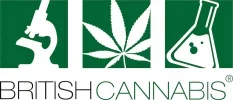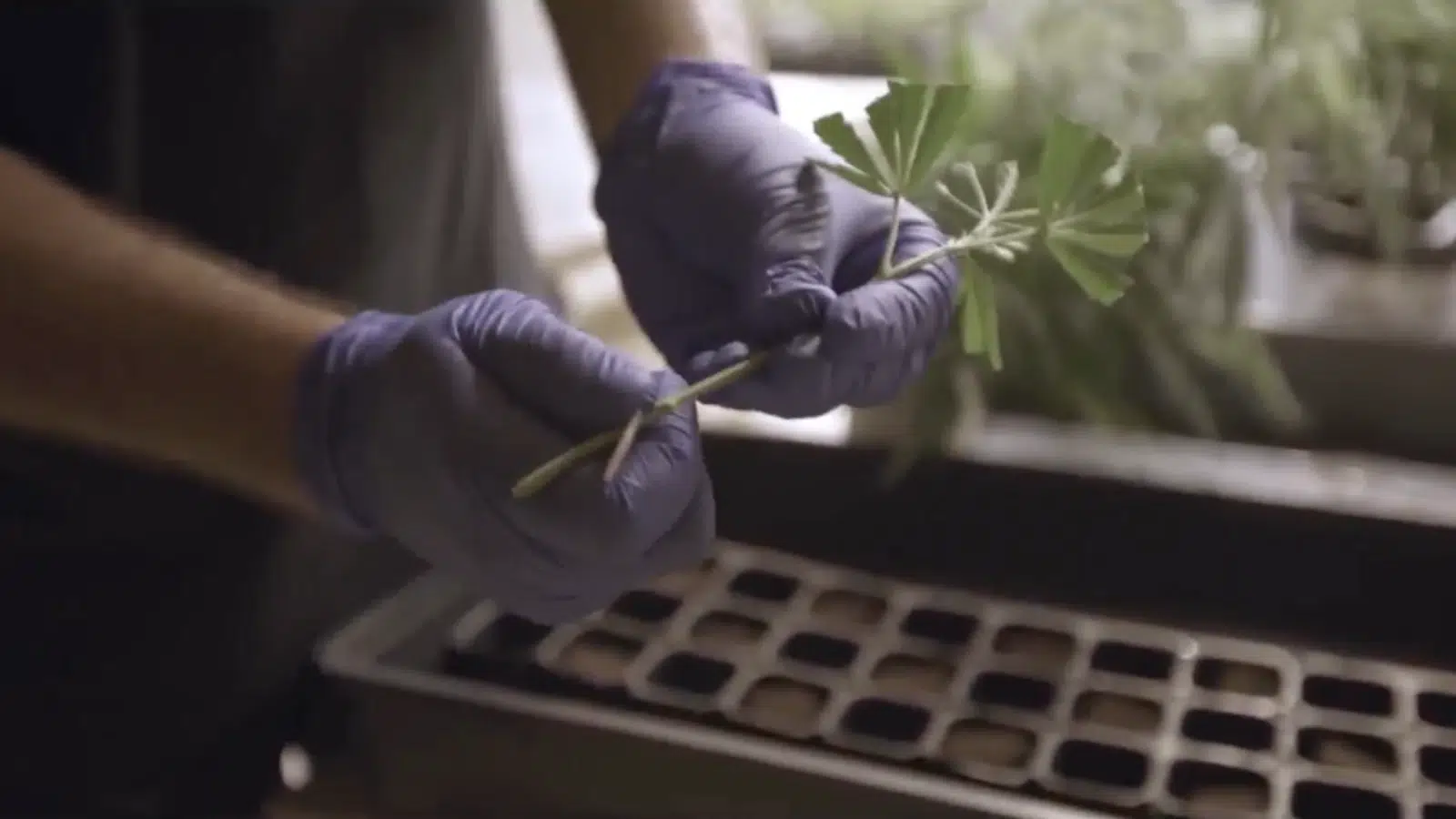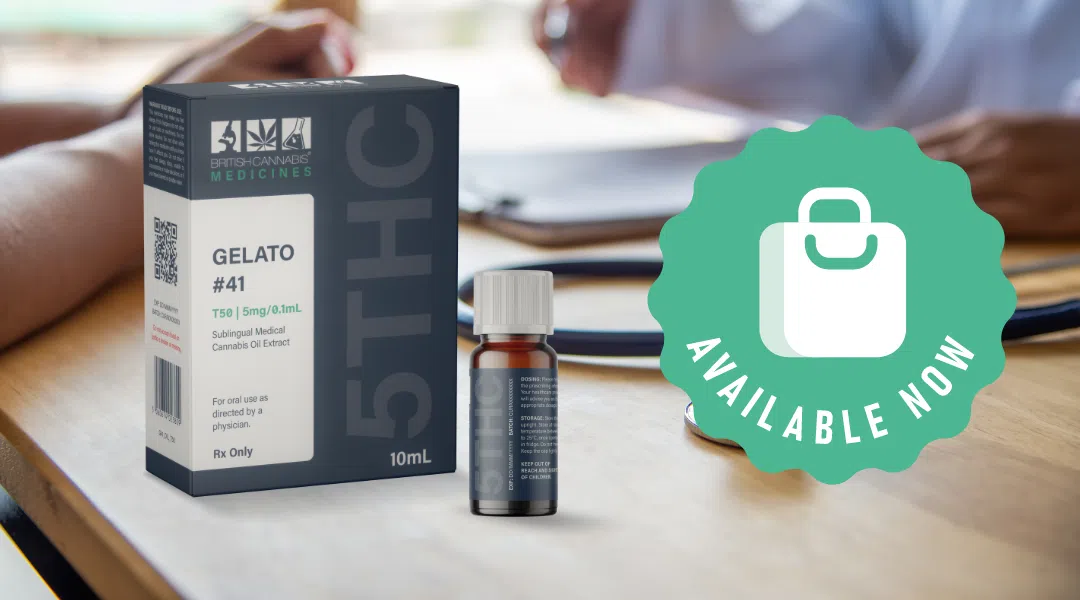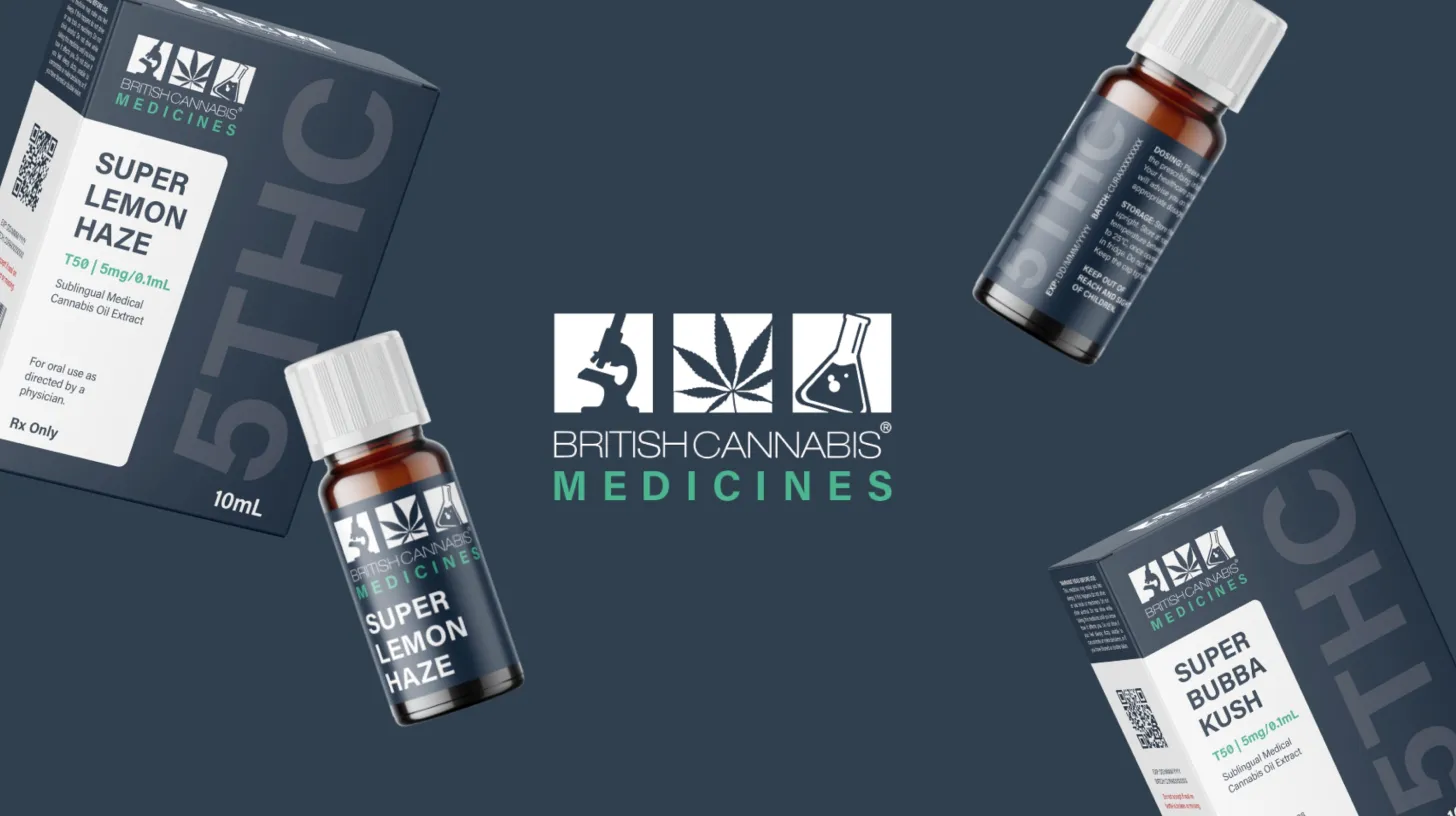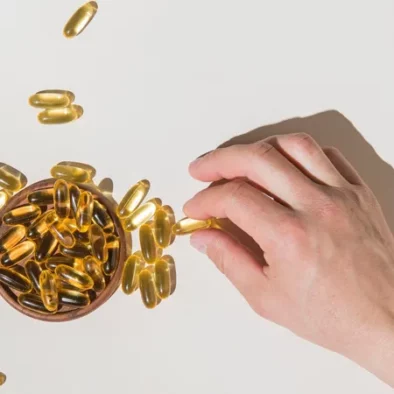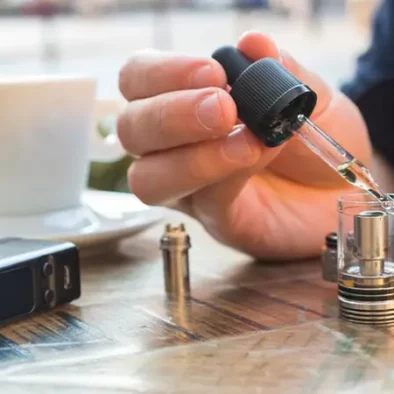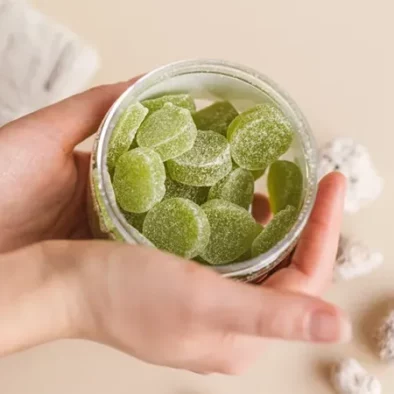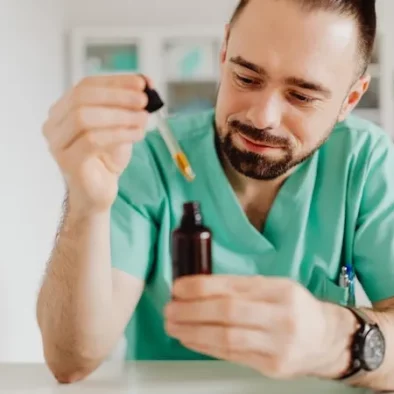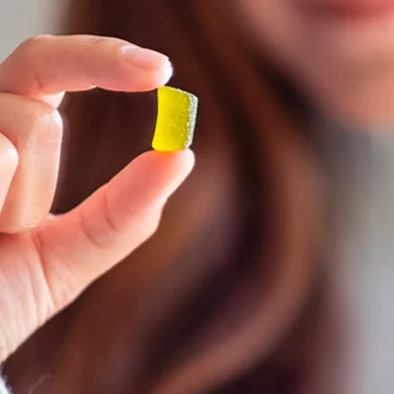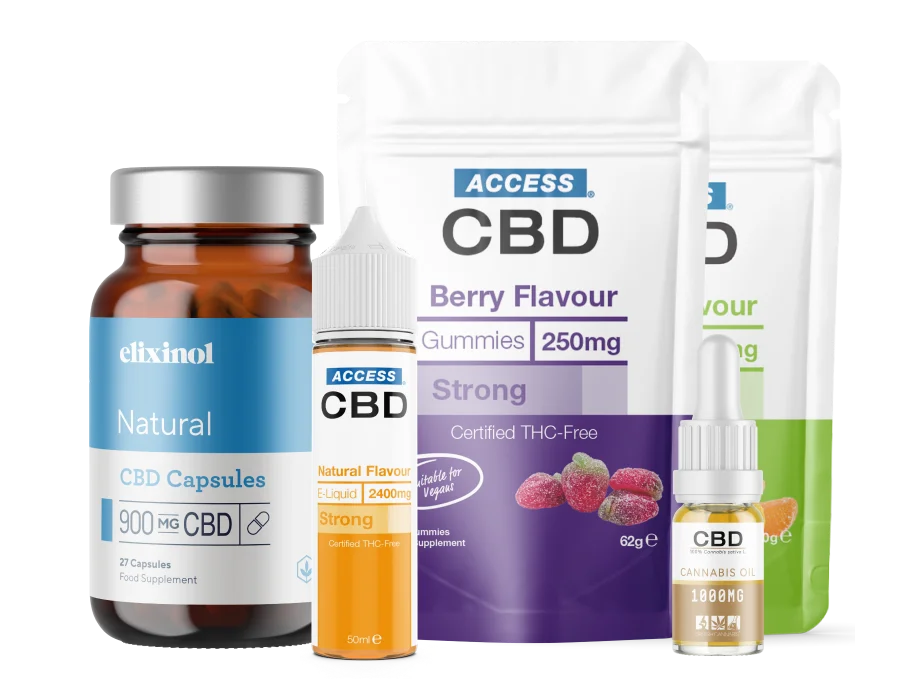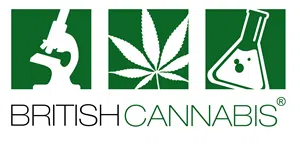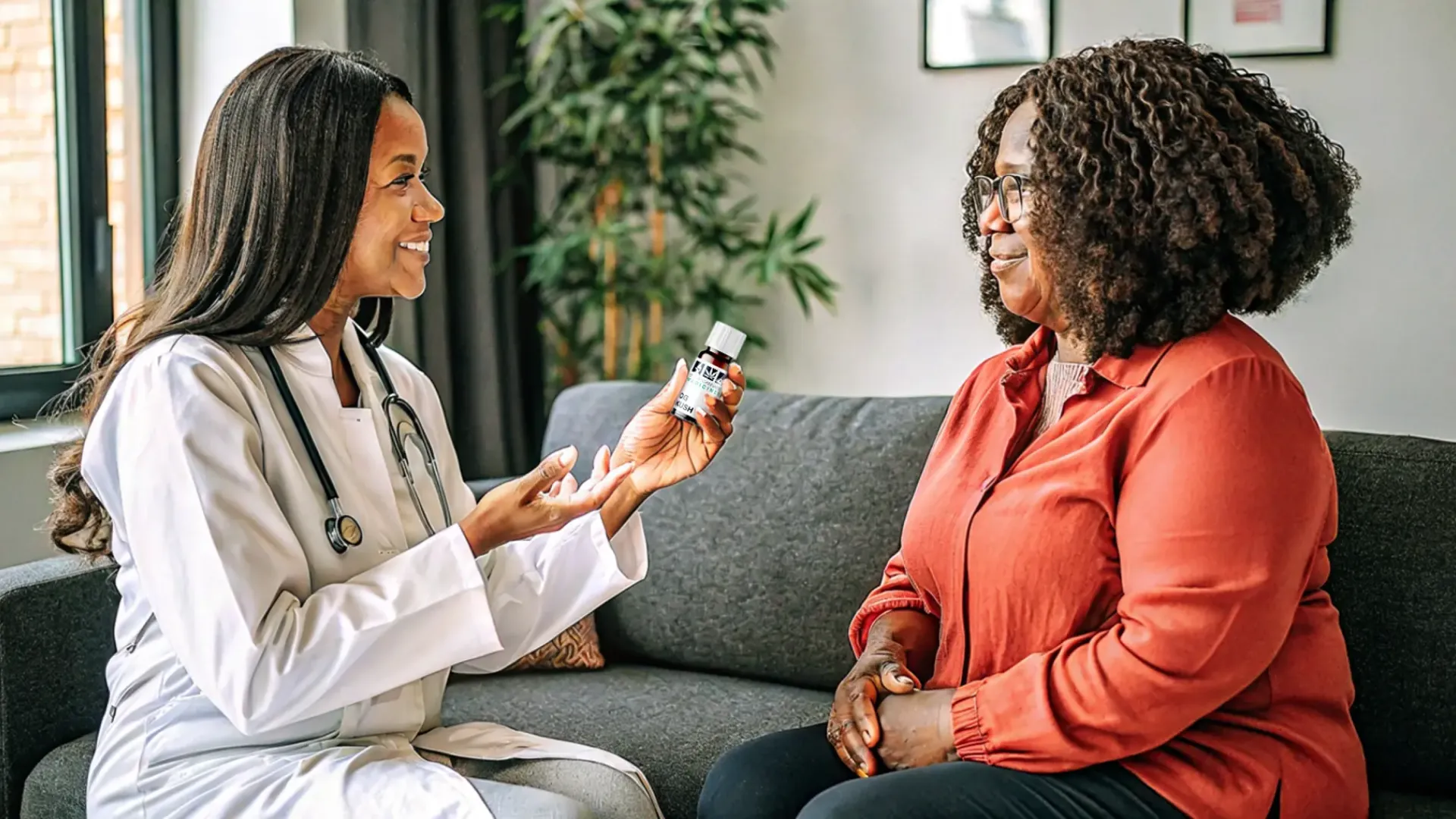
CBD Oil and Drug Testing Explained
CBD oil, a notable derivative of the cannabis plant, has steadily woven itself into the fabric of health and wellness in the UK.
At its essence, CBD (Cannabidiol) is extracted from cannabis, a plant historically enshrouded in both medicinal acclaim and legal scrutiny.
Unlike its infamous counterpart, THC (Tetrahydrocannabinol), CBD is non-psychoactive, meaning it doesn’t induce the ‘high’ typically associated with cannabis use.
Yet, THC’s presence in the cannabis plant brings a layer of complexity, especially regarding its psychoactive effects.
THC is the primary agent responsible for the euphoric sensations linked with cannabis consumption. Its role is pivotal in the conversation surrounding cannabis, often guiding legal policies and social perceptions.
In the UK, where CBD products have gained popularity for their potential wellness benefits, there’s an air of caution around the issue of CBD oil drug test.
Whether for employment, legal, or medical reasons, the prospect of a drug test looms large for CBD oils user.
The concern? The possibility of THC traces in CBD UK products leading to positive drug test results.
This introduction sets the stage for a detailed exploration of CBD oil its relationship with THC, and the implications for drug testing in the UK.
Will CBD Oil Show Up on a Drug Test?
Navigating the waters of drug testing while using CBD oil in the UK requires a clear understanding of what these tests are looking for.
Commonly, drug tests aren’t on the lookout for CBD, a non-psychoactive component in the cannabis plant.
Understanding the interaction between CBD oil use and drug testing in the UK involves a few key points:
UK-Regulated CBD Oil:
- Low or No THC: Legally, CBD products in the UK must contain very low levels of THC (less than 0.2%) or none.
- Compliance with Legal Standards: This ensures that regular use of these products typically won’t result in a positive drug test.
Global Perspective:
- The World Anti-Doping Agency (WADA) has removed CBD from its list of banned substances, acknowledging its non-psychoactive properties.
Risks with Unregulated CBD Oils:
- Higher THC Levels: Products not regulated by UK standards, especially those from outside the UK, may contain higher THC levels.
- Potential for Positive Drug Test: Using such unregulated products can increase the risk of a positive drug test.
Purchasing Tips:
- Choose Regulated Sellers: Always buy CBD oil from regulated and reputable sources.
- Check Lab Results: Look for products that offer transparency through lab results, confirming their THC content.
By keeping these points in mind, CBD oil users in the UK can make informed decisions, ensuring their wellness choices do not conflict with legal and professional drug testing standards.
Consequences of Failing a Drug Test Due to CBD Oil
When delving into the consequences of failing a drug test potentially due to CBD oil use in the UK, several scenarios unfold:
Potential Scenarios of a Positive Drug Test:
- A positive drug test could lead to disciplinary action or even termination depending on the workplace policies.
For those in professions where drug testing is a legal requirement, testing positive could have significant legal consequences.
Cannabis as a Class B Drug:
- In the UK, cannabis is classified as a Class B drug. Possession or use can result in severe penalties, including fines and imprisonment.
Since THC is the psychoactive component in cannabis, its presence in significant amounts in CBD products could legally implicate the user.
Grey Area and Evolving Policies:
- The legal landscape around CBD oil and drug testing is evolving, with some grey areas still present.
As understanding of CBD increases, policies may continue to evolve, potentially affecting how drug test failures due to CBD use are treated.
Identifying Misuse Through THC Proportion:
- Laboratories can determine if the THC level in the bloodstream is consistent with typical CBD use or indicative of cannabis misuse.
Using regulated CBD products should, in theory, keep THC levels within safe limits.
The Role of Medical Interpretation:
- In cases where CBD oil use leads to a positive drug test, medical professionals may need to assess whether the THC levels are consistent with legal CBD use or indicative of illicit drug use.
This assessment could consider the type of CBD product used, frequency of use, and individual metabolism.
Navigating the complex terrain of CBD oil use and drug testing in the UK requires a keen understanding of these potential consequences and the evolving nature of legal and policy frameworks.
Users must tread carefully, balancing the wellness benefits of CBD with the legal realities and implications of THC presence.
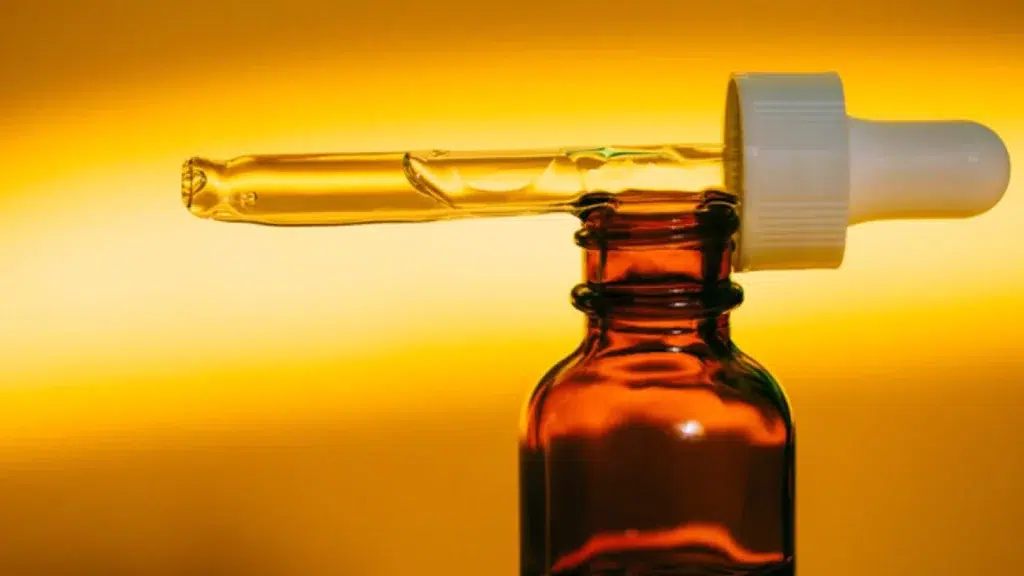
Drug Testing Procedures
Understanding the steps involved in drug testing procedures is crucial, especially for individuals using CBD oil.
This process ensures fairness and accuracy, and it involves several key stages:
Initial Consultation and Notification:
- Notification of Test: Individuals are informed about the upcoming drug test, including the date and time.
- Consent and Paperwork: Before testing, individuals might need to sign consent forms or complete other relevant paperwork.
Sample Collection:
- Types of Samples: Commonly collected samples include urine, blood, saliva, or hair.
- Collection Process: The process is conducted by trained professionals to ensure integrity and prevent contamination or tampering.
Transportation of Samples:
- Secure Handling: Samples are securely sealed and labelled.
- Chain of Custody: A documented chain of custody is maintained from collection to the testing facility to prevent any mix-up or tampering.
Laboratory Analysis:
- Initial Screening: Samples undergo an initial screening to detect the presence of banned or controlled substances.
- Confirmation Tests: If initial tests are positive, further confirmation tests (like GC-MS, Gas Chromatography-Mass Spectrometry) are conducted for accuracy.
Result Reporting:
- Confidential Reporting: Results are reported to the individual or the respective authority (employer, sports body, etc.) confidentially.
- Review of Positive Results: In cases of positive results, there may be an opportunity for review or explanation, particularly if the individual is using prescribed or legal substances like CBD oil.
Importance of Sample Collection and Analysis:
- Accuracy and Reliability: Proper collection and analysis are vital for the accuracy and reliability of the test results.
- Legal and Professional Implications: Given the potential legal and professional consequences of a positive drug test, the integrity of the process is paramount.
For individuals using CBD oil, understanding these procedures is crucial to navigating potential drug testing scenarios with confidence and awareness.
This knowledge underscores the importance of choosing high-quality, legally compliant CBD products to avoid unintended outcomes in drug testing.
Banned Substances in Sports/Athletics
In sports and athletics, certain substances are strictly regulated.
Understanding the landscape of banned substances involves exploring various categories and recognizing that the list can vary between different sports organizations.
Here’s a breakdown:
List of Common Banned Substances in Sports:
- Stimulants: Such as amphetamines are used to increase alertness or reduce fatigue.
- Anabolic Agents: Including steroids, used for muscle growth and recovery.
- Peptide Hormones and Growth Factors: Such as EPO, is used to enhance endurance.
- Beta-2 Agonists: Often found in asthma medication, used for respiratory functions.
- Diuretics and Masking Agents: Used to flush out other drugs or to lose weight quickly.
- Narcotics and Cannabinoids: Like morphine or marijuana, used for pain relief or relaxation.
Categories of Banned Substances:
- Performance-Enhancing Drugs: Enhance an athlete’s performance artificially.
- Substances of Abuse: Drugs that can be misused for recreational purposes.
- Hormones and Metabolic Modulators: Affect the body’s metabolic processes.
- Blood Doping: Increasing the number of red blood cells to enhance oxygen capacity.
Variation Across Sports Organizations:
- Specific Regulations: Different sports organizations have their lists of banned substances, tailored to the sport’s nature.
- International Standards: Organizations like WADA (World Anti-Doping Agency) provide a standard list, but individual sports bodies may add to this list.
- Periodic Updates: These lists are updated regularly to adapt to new scientific findings and trends in substance misuse.
For athletes, navigating this complex landscape requires vigilance and an up-to-date understanding of the specific rules and regulations of their sport and governing bodies.
The goal is to uphold the sport’s integrity and to ensure personal health and safety in the competitive arena.
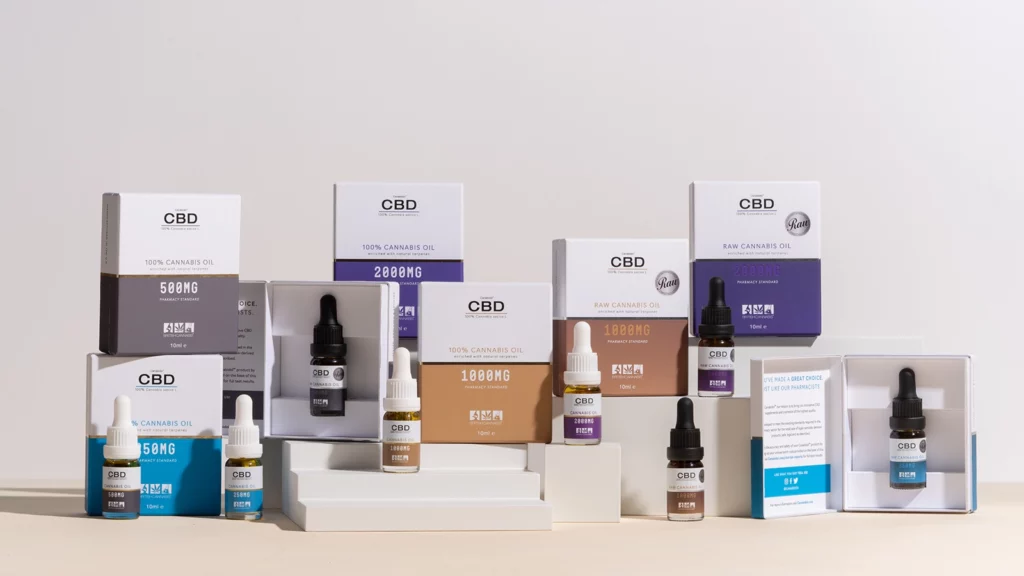
Advice for CBD Oil Users
For individuals exploring the benefits of CBD oil, especially those involved in sports or professions requiring regular drug testing, selecting the right product is crucial.
Here are some key points to consider:
Choosing a Reputable Brand:
- Research Brand Reputation: Look for well-established brands with positive customer reviews and a transparent approach to product information.
- Quality over Price: While budget is a consideration, prioritizing quality ensures safer and more effective products.
Tips for Ensuring Product Purity:
- Read Labels Carefully: Check for information about THC levels and the source of the hemp.
- Request Lab Test Results: Reputable brands should provide access to third-party lab results confirming the product’s cannabinoid profile.
- Do Your Research: Investigate the brand’s manufacturing process and sourcing practices to ensure they meet high standards.
Opting for British Cannabis:
- Third-Party Lab Testing: British Cannabis products undergo rigorous testing, ensuring compliance with legal THC limits and product purity.
- Reputation for Quality: Known for its commitment to quality, British Cannabis is a trustworthy choice for those seeking reliable CBD products.
By following these guidelines, CBD oil users can make informed decisions, aligning their health and wellness goals with products that are safe, legal, and effective.
Whether for general wellness or athletic performance, the right CBD product can be a valuable addition to one’s regimen, provided it’s chosen with care and knowledge.
Conclusion: CBD Oil Drug Test
In summarising the intricate relationship between CBD oil and drug testing, several critical points emerge from our discussion.
We’ve explored the nature of drug tests, emphasizing that they typically target THC, not CBD, and highlighted the importance of UK-regulated CBD products maintaining minimal THC levels to align with legal standards.
The consequences of failing a drug test, especially due to the presence of THC in CBD oil, underscore the serious implications for employment and legal standing.
Additionally, the complexity of banned substances in sports and athletics, with varying categories and different regulations across organizations, has been addressed.
We also delved into practical advice for CBD oil users, stressing the importance of choosing reputable brands and ensuring product purity, with an endorsement of British Cannabis for their commitment to third-party lab testing.
The drug testing procedures, from sample collection to analysis, were explained to underscore the importance of accuracy and reliability in these tests.
As we conclude, the key takeaway is the importance of staying informed about the continuously changing policies and regulations around CBD use and drug testing.
For CBD users, this means a commitment to staying informed and choosing high-quality, compliant products is essential in navigating this evolving landscape successfully.
Being well-informed not only ensures compliance with the current legal framework but also empowers individuals to make responsible and informed decisions about their health and wellness.
To get more insights about CBD oil read CBD oil and alcohol that explains the interaction of CBD oil and alcohol.
References
- Food Standards Agency. (2022, October 11). Analysis of CBD Products. Retrieved from https://www.food.gov.uk/research/research-projects/analysis-of-cbd-products
- ACCESS CBD UK (2023). Buy CBD Oil UK. Retrieved from https://accesscbd.uk/buy-cbd-oil/
